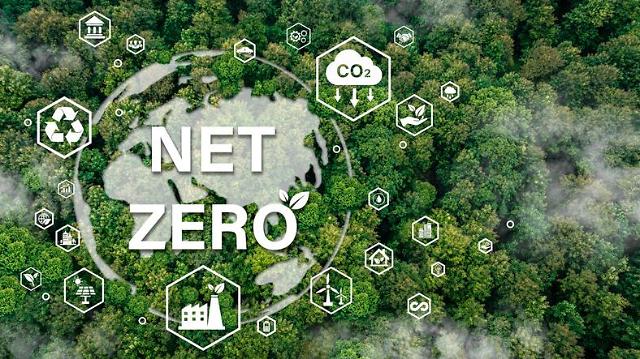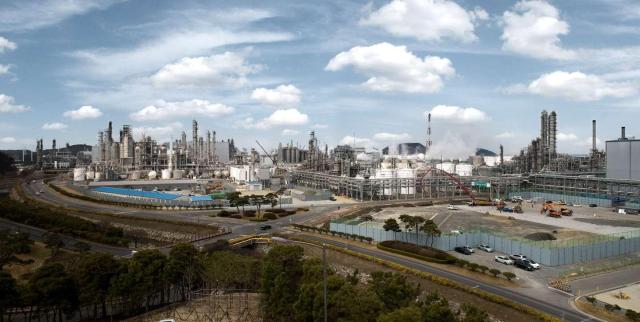
[Gettyimages Bank]
Carbon Neutrality refers to a state of net zero carbon emissions. This state can be achieved by controlling the emission of carbon dioxide while capturing carbon through carbon reservoirs such as forests, mud flats, and other natural environments. Other artificial methods such as creating carbon-based products can also convert carbon dioxide into solid items that can house carbon almost permanently.
For the last few years, South Korea's private and public sectors have set out to reduce the country's carbon emissions by building more renewable energy sources such as solar power plants and wind generators while developing technologies for pyrolysis, the process of breaking down plastics into oil using extreme pressure and heat. In February 2023, the Ministry of Trade, Industry and Energy decided to invest 19.6 billion won ($14.7 million) in 34 projects for net-zero carbon emissions.
The Korea Institute of Science and Technology (KIST) said that the institute signed a cooperation agreement with the Seoul National University and the Research Institute of Industrial Science & Technology (RIST) to jointly research and develop net-zero carbon technologies. The three institutes will establish a "Greentech Lab-to-Industry Center," a technology demonstration center open for corporates and organizations from green sectors, and develop source technologies. They will also cooperate to incubate young researchers in the fields of clean energy and carbon reduction.
"In order to achieve carbon neutrality, which will be the reorganized rule of the new international order, proactive technological innovation-based responses are important," Yoon Seok-jin, the President of KIST, said in a statement on April 19. He also emphasized: "We will spare no effort to lead South Korea's technological sovereignty in the field of carbon neutrality, based on the rapid validation of our outstanding and original core technologies."
Copyright ⓒ Aju Press All rights reserved.





View more comments